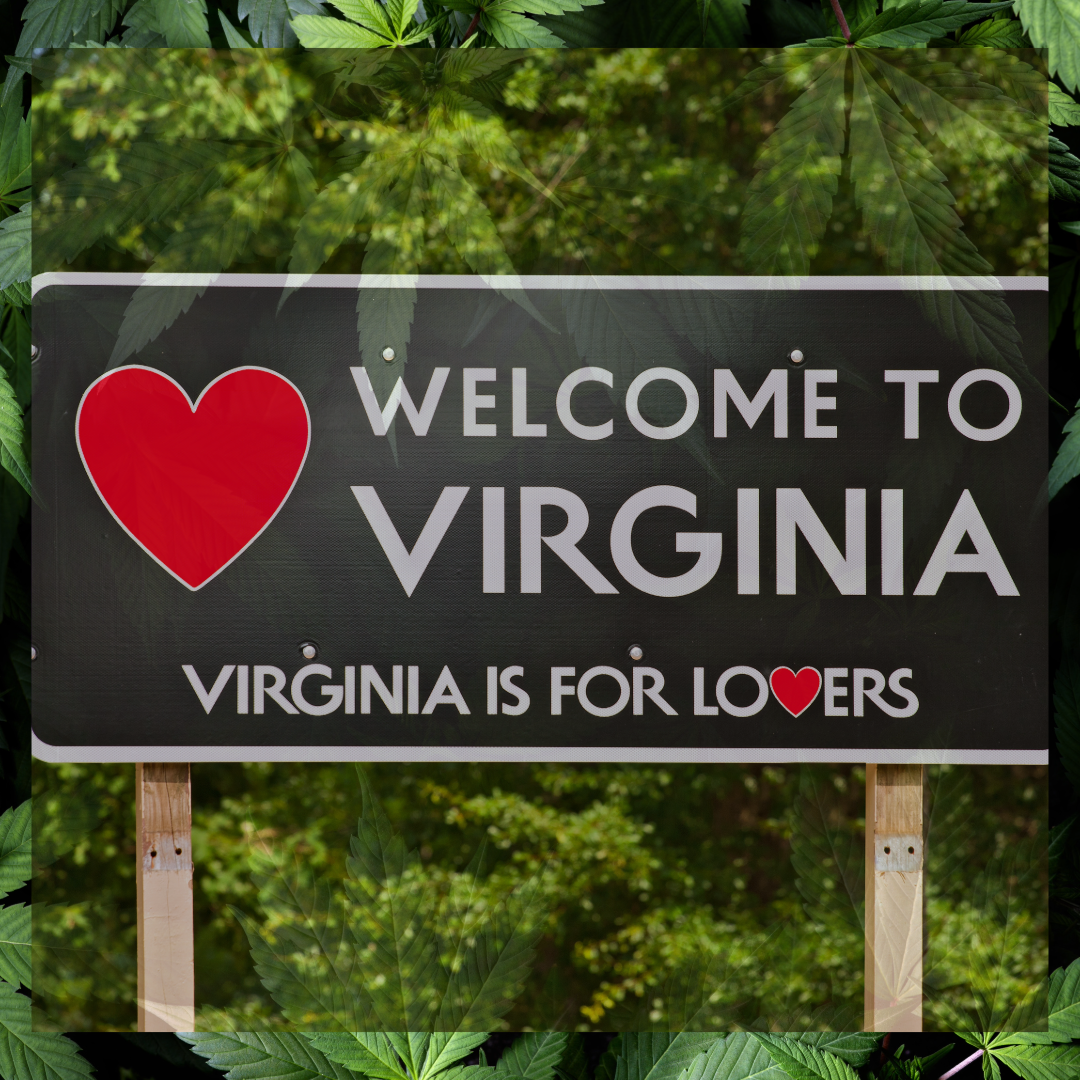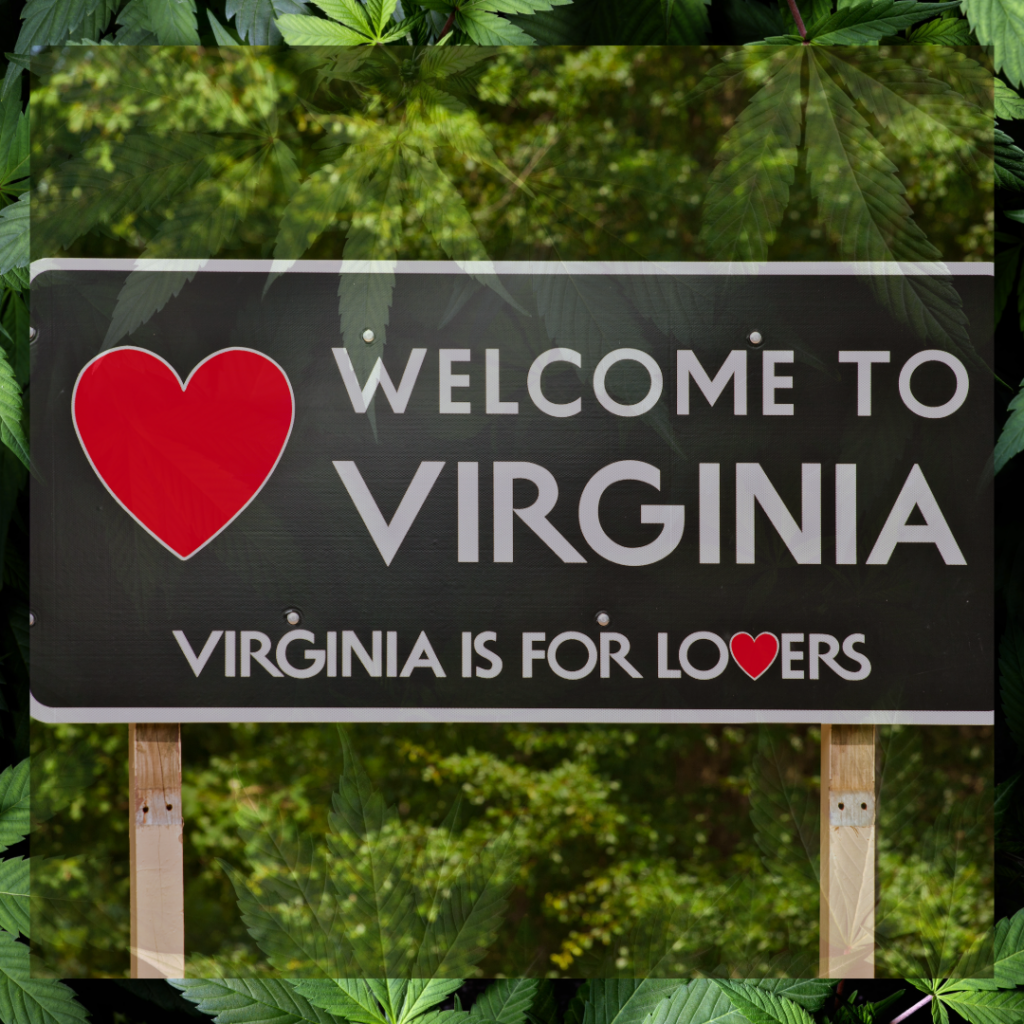What does SB 970 mean for Virginia Cannabis Business SOPs? More than three years after former Gov. Ralph Northam signed legislation to legalize adult-use cannabis, Virginia’s recreational marijuana market remains in limbo. Senate Bill 970 is the latest attempt to bring clarity and structure to the industry. On Friday, the Senate Committee on Rehabilitation and Social Services referred the bill to the Finance and Appropriations Committee by a slim 8-7 vote. However, even if it clears all legislative hurdles, its future is uncertain under Gov. Glenn Youngkin.
Key Provisions of Senate Bill 970
- License Applications: The Virginia Cannabis Control Authority would begin accepting applications from current medical marijuana license holders on Sept. 1, 2025.
- Retail Sales: Recreational sales could begin as early as May 1, 2026.
- Seed-to-Sale Tracking: The bill mandates the creation of a Virginia Cannabis Seed-to-Sale Tracking system by Dec. 31, 2025, ensuring product transparency and regulatory compliance.
- Local Governance: Municipalities wishing to ban recreational marijuana stores must hold a public vote by the end of the year.
- Licensing Limitations: Until Sept. 1, 2030, adult-use licenses will be limited to existing medical marijuana operators, such as Ayr Wellness, Green Thumb Industries, and Verano Holdings Corp.
Pros and Cons of SB 970
Pros
- Regulated Market Introduction: SB 970 prioritizes public safety by creating a well-regulated cannabis market to combat illegal and unregulated dispensaries.
- Seed-to-Sale Tracking Compliance: The mandated Virginia Cannabis Seed-to-Sale Tracking system will enhance accountability and transparency, benefiting both regulators and consumers.
- Gradual Expansion: Limiting licenses to medical marijuana operators initially allows for a controlled rollout, reducing the risk of market oversaturation.
- Public Safety Measures: Addressing Gov. Youngkin’s concerns, the bill includes provisions to prevent underage access and improve regulatory oversight.
Cons
- Delayed Market Launch: With license applications not opening until 2025 and retail sales delayed until 2026, Virginia risks losing potential revenue and market share to neighboring states.
- Limited Licenses: Restricting licenses to medical operators until 2030 could stifle competition and innovation, leaving smaller entrepreneurs at a disadvantage.
- Uncertain Political Future: Gov. Youngkin’s past vetoes on cannabis-related legislation suggest that even if the bill passes, it may face significant pushback.
- Local Opt-Out Provision: Allowing municipalities to ban recreational stores through public votes could fragment the market, limiting consumer access and stunting growth in certain regions.
Preparing for the Future
Despite its challenges, SB 970 could lay the groundwork for Virginia’s adult-use cannabis market and Virginia Cannabis Business SOPs. For aspiring entrepreneurs, preparation is key. Virginia Cannabis Business SOPs (Standard Operating Procedures) and robust Virginia Cannabis Seed-to-Sale Tracking systems will be essential for success.
- Seed-to-Sale Tracking: Businesses must implement comprehensive systems to monitor cannabis products from cultivation to sale, ensuring compliance with state regulations. Virginia currently utilizes the Prescription Monitoring Program (PMP) and BioTrack as key components of its state track-and-trace systems for cannabis. The PMP focuses on monitoring the prescription and dispensation of medical marijuana to ensure compliance with state regulations and prevent misuse by patients. Meanwhile, BioTrack serves as the primary seed-to-sale tracking platform for the state’s medical cannabis operators, providing detailed oversight of inventory control, cultivation, manufacturing, distribution, and sales. This dual-system approach allows Virginia to maintain transparency and accountability in its existing medical cannabis market, setting a foundation for the expanded use of seed-to-sale tracking systems required under proposed legislation like SB 970. These tools not only enhance regulatory compliance but also build trust among stakeholders by ensuring that all cannabis products meet stringent safety and quality standards. Although, I’m not sure all of the operators for the cannabis businesses or the state are 100% happy with either of these systems.
- Operational SOPs: Detailed procedures for cultivation, manufacturing, distribution, and retail are vital for meeting regulatory standards and maintaining efficiency.
- Public Safety Compliance: Age verification, secure storage, and safe transportation protocols will be mandatory to operate within the framework of SB 970.
Final Thoughts
While SB 970 has its merits, the bill’s limitations and delays present significant obstacles for Virginia’s cannabis entrepreneurs. Balancing public safety, regulatory oversight, and equitable market access will be critical to fostering a thriving industry.
Looking for SOPs and Seed-to-Sale Solutions?
We specialize in creating custom Virginia Cannabis Business SOPs and integrating compliant Virginia Cannabis Seed-to-Sale Tracking systems. Let us help you navigate the regulations and position your business for long-term success. Checkout our SOP’s or contact us today for help updating or maintaining yours. Contact us for employee training or support managing your vendor relationship with BioTrack.



